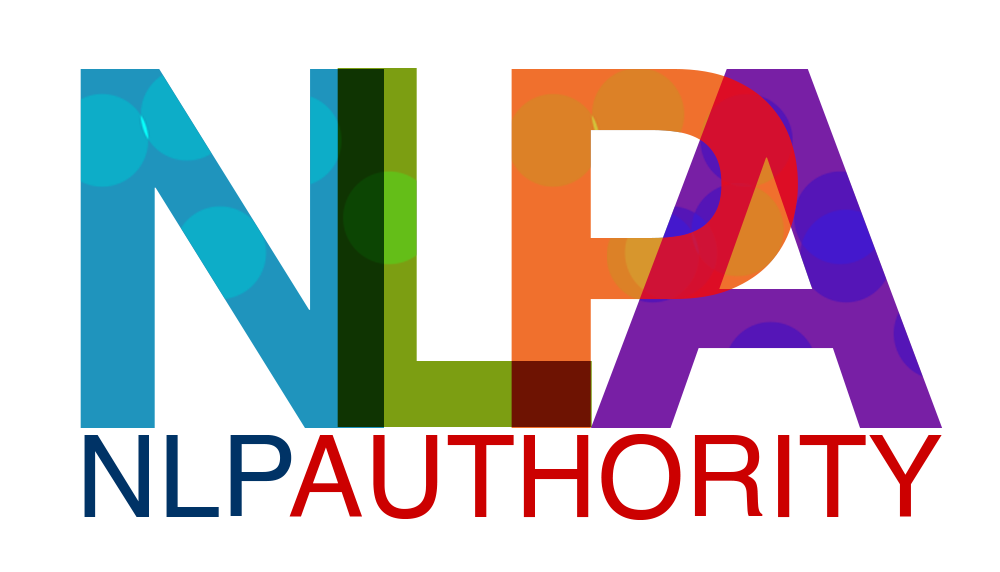
Frequently Asked Questions on
Neuro Linguistic Programming

1. What is NLP Training?
NLP training is an immersive learning experience designed to equip you with the principles, tools, and methodologies of Neuro-Linguistic Programming (NLP). This powerful framework can be used for both personal and professional development, helping you unlock your full potential.
2. Who Should Attend NLP Training?
This training is ideal for anyone seeking to:
- Enhance Personal Growth: Develop greater self-awareness, overcome limiting beliefs, and achieve personal transformation.
- Sharpen Communication Skills: Learn powerful communication models to improve your ability to connect and influence others.
- Excel in Professional Roles: Boost your leadership skills, negotiation techniques, and overall effectiveness in coaching, counseling, business, or any field that relies on human interaction.
3. What Will You Learn in NLP Training?
NLP training delves into a rich tapestry of topics, including:
- Language Patterns: Understand how language shapes perception and behavior, and learn to use language strategically for more effective communication.
- Behavior Modeling: Explore successful models of human behavior and learn to replicate those patterns to achieve your own goals.
- Communication Strategies: Develop a toolbox of powerful communication techniques for active listening, building rapport, and influencing others.
- Overcoming Limiting Beliefs: Identify and transform self-limiting beliefs that hold you back, fostering positive change and unlocking your full potential.
- Personal Transformation Techniques: Learn practical methods for goal setting, emotional mastery, and creating lasting behavioral change.
4. How Long Does NLP Training Typically Last?
The duration of NLP training varies depending on the program’s depth and desired level of expertise. You can find:
- Introductory Courses (a few days): Provide a foundational understanding of NLP principles and basic techniques.
- Practitioner Programs (several weeks): Offer a comprehensive experience with NLP tools and techniques, leading to certification as an NLP Practitioner.
- Master Practitioner Programs (advanced training): Deepen your knowledge and refine your skills, preparing you for advanced applications of NLP.
5. What Are the Levels of NLP Certification?
NLP training often culminates in certification programs with various levels:
- Practitioner: Demonstrates a solid understanding of core NLP principles and the ability to apply them effectively.
- Master Practitioner: Represents a more advanced level of proficiency, with the ability to guide others in using NLP techniques.
- Trainer: Qualifies you to design and deliver NLP training programs.
6. Is NLP Training Recognized Globally?
While there’s no single governing body for NLP, many reputable organizations offer accredited training programs. Look for programs certified by recognized NLP associations to ensure quality and adherence to best practices.
7. Can NLP Training Help with Career Advancement?
Absolutely! NLP can significantly enhance your:
- Communication Skills: You’ll learn to connect with colleagues and clients on a deeper level, fostering stronger relationships and boosting collaboration.
- Leadership Abilities: NLP equips you with powerful tools for motivating and inspiring others, making you a more effective leader.
- Overall Development: By fostering self-awareness, emotional intelligence, and the ability to influence others, NLP empowers you to excel in your chosen career.
8. What Are the Key Benefits of NLP Training?
NLP training equips you with a transformative toolkit, leading to benefits such as:
- Improved Communication: Master the art of connecting with others on a deeper level.
- Enhanced Self-Awareness: Gain a profound understanding of your own thoughts, emotions, and behavior patterns.
- Better Interpersonal Relationships: Build stronger, more fulfilling connections with the people in your life.
- Positive Behavioral Change: Develop the ability to consciously shift your behaviors for personal and professional success.
9. Do I Need Previous Experience for NLP Training?
Most NLP training programs are designed for individuals with varying levels of experience. Beginners can gain a solid foundation, while those with prior knowledge can deepen their understanding and refine their skills.
10. How Practical is NLP Training for Everyday Life?
NLP is highly practical and can be applied in numerous aspects of your daily life, including:
- Communication: Build rapport and have more impactful conversations in any situation.
- Relationship Building: Foster stronger connections with loved ones, friends, and colleagues.
- Goal Setting: Develop effective strategies for setting and achieving your goals.
- Stress Management: Learn powerful techniques to manage stress and cultivate emotional well-being.
11. Is NLP Training Similar to Therapy?
While both NLP and therapy share some elements like self-awareness and behavioral change, their primary focus differs. NLP emphasizes personal development, communication, and optimizing behavior, while therapy focuses on treating mental health conditions.
12. Can I Become a Certified NLP Practitioner After Training?
Many NLP training programs offer certification upon completion. These certifications, like Practitioner or Master Practitioner, signify your level of proficiency in applying NLP techniques.
13. How Does NLP Training Address Limiting Beliefs?
NLP provides powerful tools like reframing to help you identify and transform limiting beliefs that hold you back. By reframing negative thoughts into empowering ones, you can foster positive change and unlock your full potential.
14. What Topics are Covered in NLP Training for Business?
Business-specific NLP training delves into topics designed to enhance your professional effectiveness, such as:
- Effective Workplace Communication: Learn to communicate clearly, negotiate assertively, and deliver impactful presentations.
- Leadership Skills: Develop your ability to motivate and inspire teams, foster collaboration, and delegate effectively.
- Negotiation Strategies: Master the art of negotiation to achieve win-win outcomes in business interactions.
- Building Rapport with Clients and Colleagues: Develop strong relationships with clients and colleagues, fostering trust and collaboration.
15. Can I Apply NLP Training in Coaching?
Absolutely! NLP is a cornerstone technique used by many coaches. It equips you with powerful tools to:
- Facilitate Goal Setting: Guide clients in setting clear, achievable goals and developing action plans for success.
- Promote Behavior Change: Help clients identify limiting patterns and support them in adopting empowering behaviors.
- Enhance Communication: Foster effective communication between coaches and clients to create a transformative coaching experience.
16. How Does NLP Training Address Emotional Intelligence?
NLP training incorporates elements of Emotional Intelligence (EQ). You’ll learn to:
- Enhance Emotional Awareness: Develop a deeper understanding of your own emotions and those of others.
- Refine Emotional Regulation: Learn to manage your emotions effectively, preventing them from hindering your success.
- Strengthen Interpersonal Skills: Develop the ability to build rapport, manage conflict, and foster strong relationships.
17. Is NLP Training Only for Professionals?
No, NLP training is beneficial for anyone seeking personal growth, improved communication, and the ability to create positive change in their lives. Regardless of your professional background, NLP can empower you to achieve your goals.
18. Are Online NLP Training Programs Effective?
Online NLP training programs can be effective if they are well-designed, interactive, and led by experienced trainers. Look for programs that offer a blend of video lectures, practical exercises, and opportunities for interaction with the instructor and other participants. The effectiveness can vary depending on the specific program, so thorough research is recommended.
19. Can I Practice NLP Techniques After Training?
Yes, and it’s highly encouraged! Consistent practice is key to solidifying your learning and integrating NLP skills into your daily life. Most training programs offer resources and guidance to support your practice journey.
20. Is Continuing Education Required in NLP?
There is no mandatory requirement for continuing education in NLP. However, ongoing learning and practice are highly encouraged for those seeking mastery and sustained development in applying NLP techniques. Many organizations offer advanced workshops, conferences, and online resources to support your continued learning journey.
